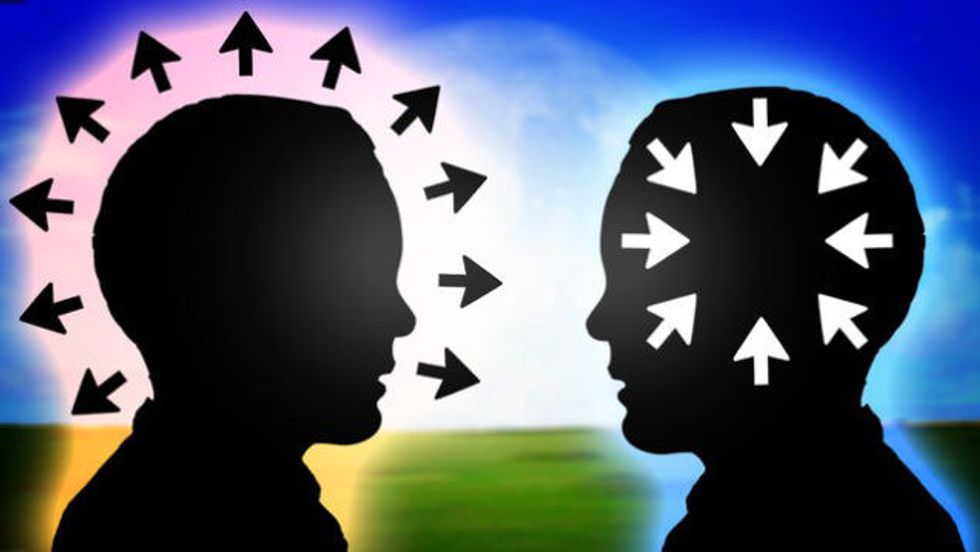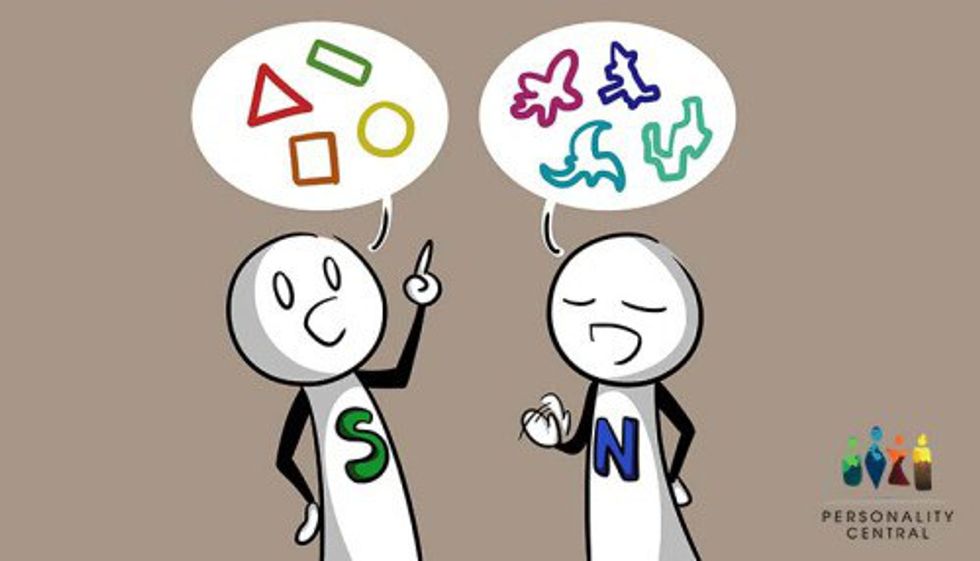Who’s Jung anyway?
In 1875, Carl Gustav Jung was born into the same world many of us often feel lost in. A world in which we seek to find ourselves; who we are, our purpose, and ultimately happiness. It is no surprise that this is a challenge, but it is one that Jungian psychology is willing to take.
During his childhood, Jung felt as an outcast. He did not have the healthiest of relationships with his parents and was often bullied in school. He spent much time in isolation. It was not until engaging in his studies that Jung felt strongly motivated to study the human mind in order to discover how we may reach “wholeness” or our full potential.
In short, Jung developed analytical psychotherapy; a system whose main goal is to reach individuation or in other words, self actualization by bringing to light all in which we are not aware of (the unconscious) together with everything we are aware of (conscious).
In analytical psychology the first step to reaching wholeness is identifying the client’s type. We all have “types,” however, we have preferences, meaning we may be dominant in one area and weak in another.
What are these types?
Types of Attitudes
Many of us may already be familiar with these types. You may identify as an introvert or as an extrovert. This is how Jung would describe our “life energy” to flow either inwards or outwards.
Introversion (I): An introvert is someone who values inner reflection and solitude. This is the type of person who enjoys time for themselves and away from the outside world. Their energy is maintained through this. An introvert may be described as “reflective” and “intimate.”
Extroversion (E): An extrovert is someone who enjoys sociability and love to surround themselves with people because people bring them energy. Because of this, they are very focused on the outer experience rather than inner. We may describe this type of person as “outgoing,” “social,” and “expressive.”
Gathering information
In other words, how do you see this world?
Senses (S) : A person of this type would perceive the world around them with their 5 senses. We all understand the world with our senses to some degree, but a person dominant in this type would specifically gather information by being very present-oriented, in the moment, and critical of detail. Their main goal is to achieve happiness through enjoying “sensations.”
Intuition (N) : Rather than focus on the now, an intuitive person would be caught up imagining the future. For this reason, intuitives enjoy anticipation and uncertainty. This type of person values under the surface meanings and considering possibilities, the “what could be” and the “what if’s.” Their main goal is to reach awareness.
Evaluating Information
How do we make sense of all the information we gather?
Thinking (T): A thinking type would be more focused on raw facts or the truth rather than any subjective factors for making decisions. Therefore their decisions are impersonal. They try to critique situations with an objective lens and seek rationality.
Feeling (F): A feeling type makes sense of a situation through what they value and their emotions. Rather than considering objectivity, they are influenced by their opinions and how the situation connects with them.
It is important to understand that we are NOT just ONE type. We hold all of these types in us, it is just a matter of which we are dominant in and which we are inferior. In addition, it is also critical to understand that neither type is good or bad.We may want to be aware of biases or stereotypes towards some of these types. For example, introverts are often misinterpreted as being “shy” and the thinking type as “pretentious.” Analytical psychology focuses on working on our inferior side, or our opposite side, in order to be more whole. A person who would strictly be N type (intuitive) would have trouble getting anything done because they would be fixated in the future. A person who would be T type (thinking) would inevitably turn into a robot for the lack of emotion and feeling put into their life decisions. If we were to solely be one type we would not survive, we would be trapped in a narrow path that blinds us from realizing ourselves!
Now that you have an idea of your dominant types, you are already a little more self aware of who you are in the sense of how you move through life. You may type yourself as an ENT (extrovert, intuitive, thinking) or an INF (introvert, intuitive, feeling), whatever your type may be, make sure to work on your opposite, and embrace that in which you think may not be you. Jung might just be saying, “step out of your comfort zone,” because you’ll grow!
For more on Jung, check out the book, Jung: A Very Short Introduction.























